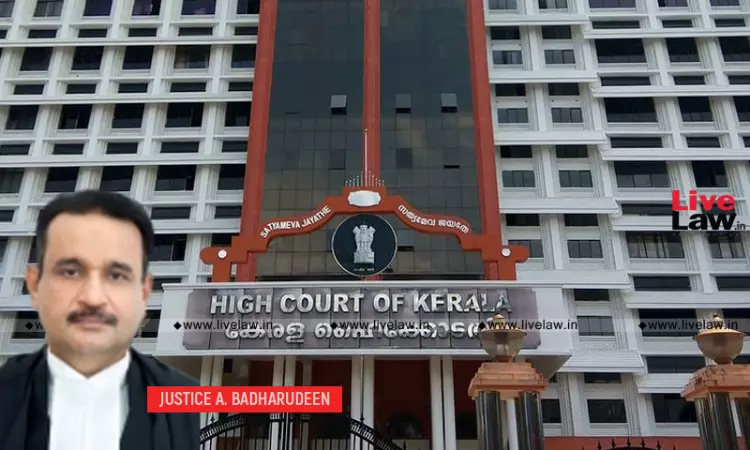The Kerala High Court on Monday deprecated attempts made by qualified persons to establish less income by producing salary certificates issued from private entrepreneurs, without opportunity to the other side to cross-examine the author of the document, in order to avoid paying maintenance to wife and children. The Single Judge Bench of Justice A. Badharudeen observed that courts shall...

